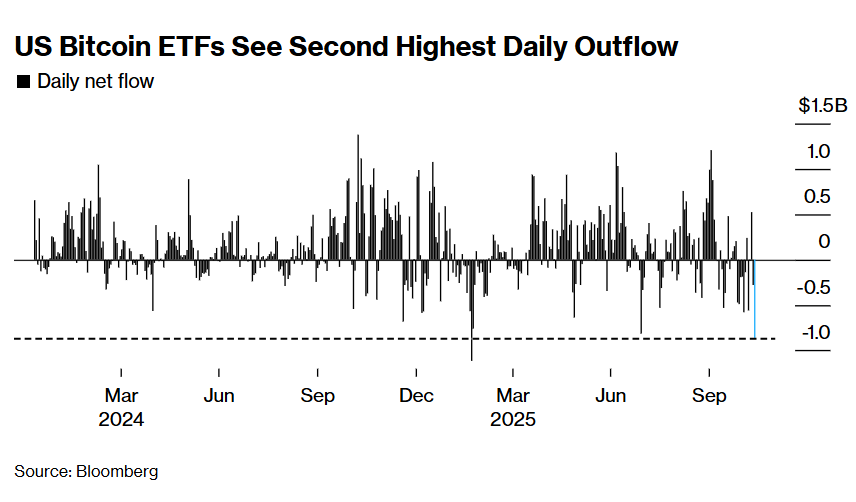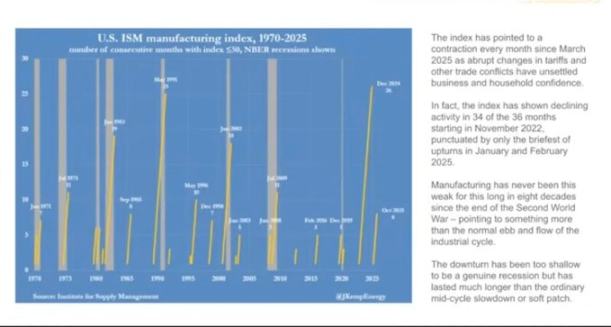US Bitcoin ETFs extend inflow streak as BlackRock reels in $75 million
Key Takeaways
- BlackRock's US Bitcoin ETFs gained $75 million in new inflows on August 22.
- US spot Bitcoin ETFs have seen six consecutive days of inflows, totaling over $250 million so far this week.
Share this article
US spot Bitcoin exchange-traded funds (ETFs) have secured their sixth consecutive day of positive performance after collectively taking in approximately $65 million on Thursday. BlackRock’s iShares Bitcoin Trust (IBIT) led with around $75 million in new capital, Farside Investors’ data shows.
 US Spot
Bitcoin ETF Flow on August 22 – Source: Farside Investors
US Spot
Bitcoin ETF Flow on August 22 – Source: Farside Investors
Fidelity’s Bitcoin fund (FBTC) added around $9 million in net inflows, followed by ARK Invest/21Shares’s Bitcoin ETF (ARKB) which attracted nearly $8 million in new investment, data shows.
Other gains were also seen in WisdomTree’s Bitcoin fund (BTCW), Grayscale’s Bitcoin Mini Trust (BTC), and VanEck’s Bitcoin ETF (HODL), collectively attracting over $12 million.
In contrast, Grayscale’s Bitcoin Trust (GBTC), which charges the highest management fees among US spot Bitcoin products, experienced over $28 million in outflows on Thursday. Since the fund was converted into an ETF, investors have withdrawn nearly $20 billion from GBTC.
However, massive outflows have subsided over the past two weeks. GBTC’s withdrawal hit a low of nearly $10 million yesterday, the month’s lowest outflow.
With GBTC’s outflow slowdown and consistent capital into other competing Bitcoin ETFs, mostly BlackRock’s IBIT, the group of US spot Bitcoin funds has experienced sustained inflows for six consecutive trading days. These ETFs have logged over $250 million in net inflows so far this week.
BlackRock’s Bitcoin stash surpasses 350,000 BTC
BlackRock’s aggressive acquisition of Bitcoin has escalated its total holdings to over 350,000 BTC, according to data from IBIT’s website . The achievement positions the fund as the third-largest holder worldwide, just behind Satoshi Nakamoto and Binance.
BlackRock’s IBIT has drawn huge institutional interest from major firms like Morgan Stanley and Goldman Sachs.
Last week, Morgan Stanley reported its holdings of approximately $187 million in IBIT . The bank is also the first Wall Street giant to allow its financial advisors to recommend Bitcoin ETFs to select clients .
Goldman Sachs also disclosed a substantial investment in US spot Bitcoin ETFs, including around $238 million in IBIT .
Share this article
Disclaimer: The content of this article solely reflects the author's opinion and does not represent the platform in any capacity. This article is not intended to serve as a reference for making investment decisions.
You may also like
As economic cracks deepen, bitcoin may become the next liquidity "release valve"
The US economy is showing a divided state, with financial markets booming while the real economy is declining. The manufacturing PMI continues to contract, yet the stock market is rising due to concentrated profits in technology and financial companies, resulting in balance sheet inflation. Monetary policy struggles to benefit the real economy, and fiscal policy faces difficulties. The market structure leads to low capital efficiency, widening the gap between rich and poor and increasing social discontent. Cryptocurrency is seen as a relief valve, offering open financial opportunities. The economic cycle oscillates between policy adjustments and market reactions, lacking substantial recovery. Summary generated by Mars AI. The accuracy and completeness of this summary are still being iteratively updated by the Mars AI model.

The wave of cryptocurrency liquidations continues! US Bitcoin ETF sees second highest single-day outflow in history
Due to the reassessment of Federal Reserve rate cut expectations and the fading rebound of the U.S. stock market, the crypto market continues to experience liquidations, with significant ETF capital outflows and options traders increasing bets on volatility. Institutions warn that technical support for bitcoin above $90,000 is weak.

When traditional financial markets fail, will the crypto industry become a "pressure relief valve" for liquidity?
As long as the system continues to recycle debt into asset bubbles, we will not see a true recovery—only a slow stagnation masked by rising nominal figures.

A Quiet End to 2025 Could Prime Crypto for a 2026 Breakout, Analysts Say

